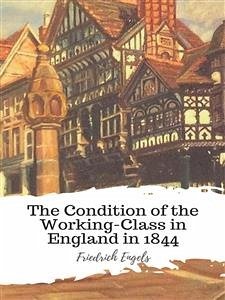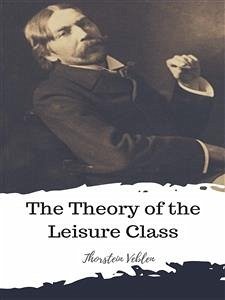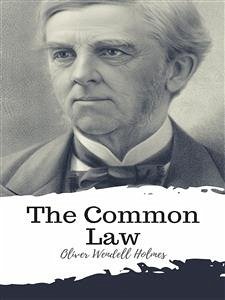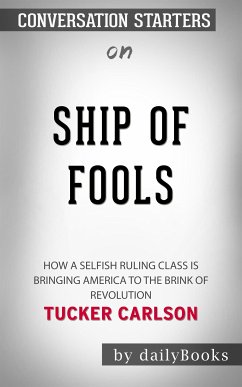
Friedrich Engels
eBook, ePUB
The Condition of the Working-Class in England in 1844 (eBook, ePUB)
Sofort per Download lieferbar
Weitere Ausgaben:

PAYBACK Punkte
0 °P sammeln!





This forceful polemic explores the staggering human cost of the Industrial Revolution in Victorian England. Engels paints an unforgettable picture of daily life in the new industrial towns, and for miners and agricultural workers in a savage indictment of the greed of the bourgeoisie. His later preface, written for the first English edition of 1892 and included here, brought the story up to date in the light of forty years' further reflection.
- Geräte: eReader
- ohne Kopierschutz
- eBook Hilfe
- Größe: 0.81MB
- Upload möglich
Friedrich Engels (28 November 1820 - 5 August 1895) was a German philosopher, communist, social scientist, journalist and businessman.[4] His father was an owner of large textile factories in Salford, England and in Barmen, Prussia (what is now in Wuppertal, Germany). Engels developed what is now known as Marxist theory together with Karl Marx and in 1845 he published The Condition of the Working Class in England, based on personal observations and research in English cities. In 1848, Engels co-authored The Communist Manifesto with Marx and also authored and co-authored (primarily with Marx) many other works. Later, Engels supported Marx financially, allowing him to do research and write Das Kapital. After Marx's death, Engels edited the second and third volumes of Das Kapital. Additionally, Engels organised Marx's notes on the Theories of Surplus Value, which he later published as the "fourth volume" of Capital.[5] In 1884, he published The Origin of the Family, Private Property and the State on the basis of Marx's ethnographic research. Engels died in London on 5 August 1895, at the age of 74 of laryngeal cancer and following cremation his ashes were scattered off Beachy Head, near Eastbourne. Engels was born on 28 November 1820 in Barmen, Rhine Province, Prussia (now Wuppertal, Germany) as eldest son of Friedrich Engels Sr. (1796-1860) and of Elisabeth "Elise" Franziska Mauritia von Haar (1797-1873).[6] The wealthy Engels family owned large cotton-textile mills in Barmen and Salford, both expanding industrial metropoles. Friedrich's parents were devout Pietist Protestants[4]and they raised their children accordingly. At the age of 13, Engels attended grammar school (Gymnasium) in the adjacent city of Elberfeld but had to leave at 17, due to pressure of his father, who wanted him to become a businessman and start to work as a mercantile apprentice in his firm.[7] After a year in Barmen, the young Engels was in 1838 sent by his father to undertake an apprenticeship at a commercial house in Bremen.[8][9] His parents expected that he would follow his father into a career in the family business. Their son's revolutionary activities disappointed them. It would be some years before he joined the family firm. Whilst at Bremen, Engels began reading the philosophy of Hegel, whose teachings dominated German philosophy at that time. In September 1838 he published his first work, a poem entitled "The Bedouin", in the Bremisches Conversationsblatt No. 40. He also engaged in other literary work and began writing newspaper articles critiquing the societal ills of industrialisation.[10][11] He wrote under the pseudonym "Friedrich Oswald" to avoid connecting his family with his provocative writings.

Produktdetails
- Verlag: JH
- Erscheinungstermin: 1. April 2019
- Englisch
- ISBN-13: 9788834132173
- Artikelnr.: 56907518
Für dieses Produkt wurde noch keine Bewertung abgegeben. Wir würden uns sehr freuen, wenn du die erste Bewertung schreibst!
Eine Bewertung schreiben
Eine Bewertung schreiben
Andere Kunden interessierten sich für











